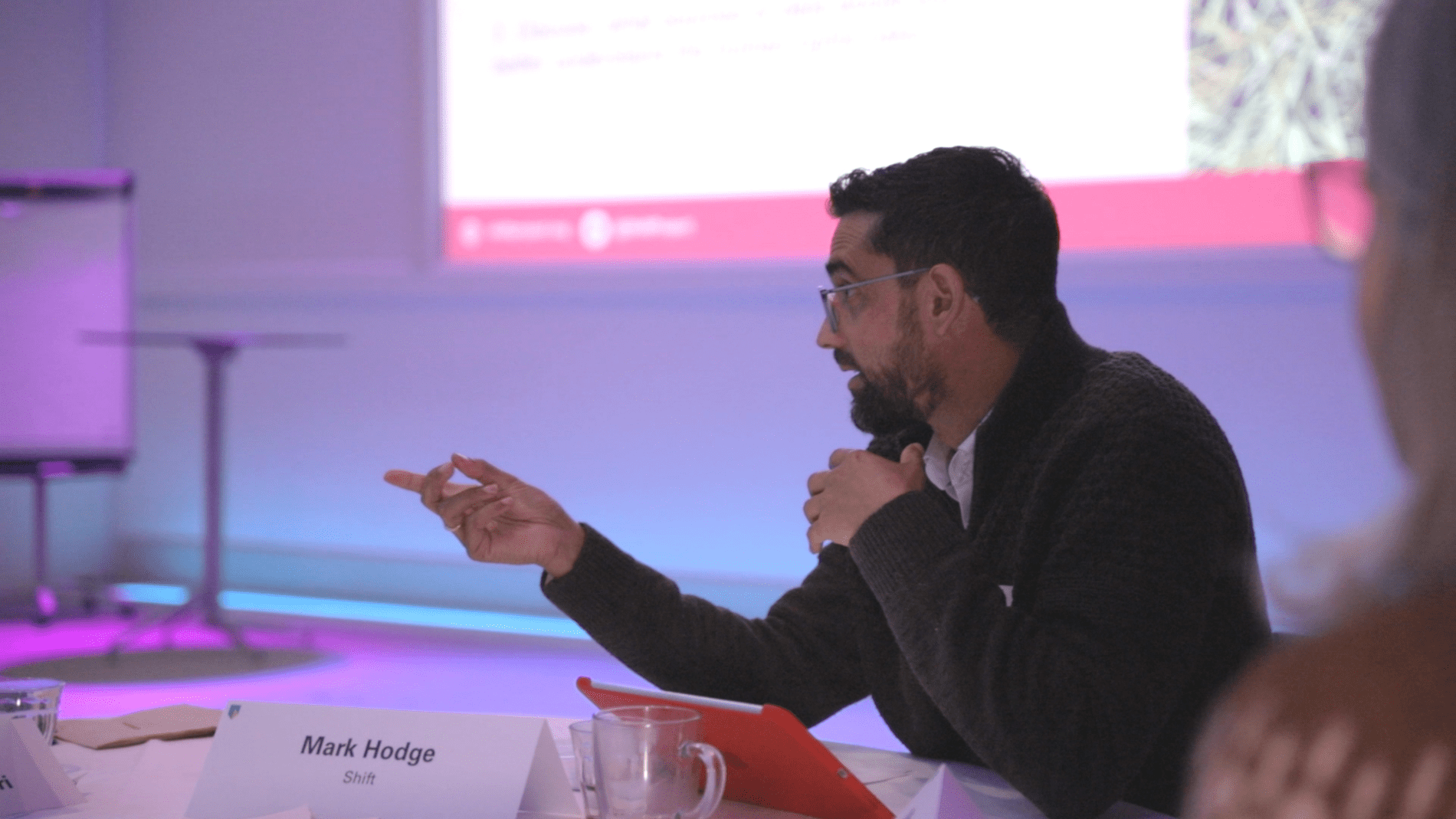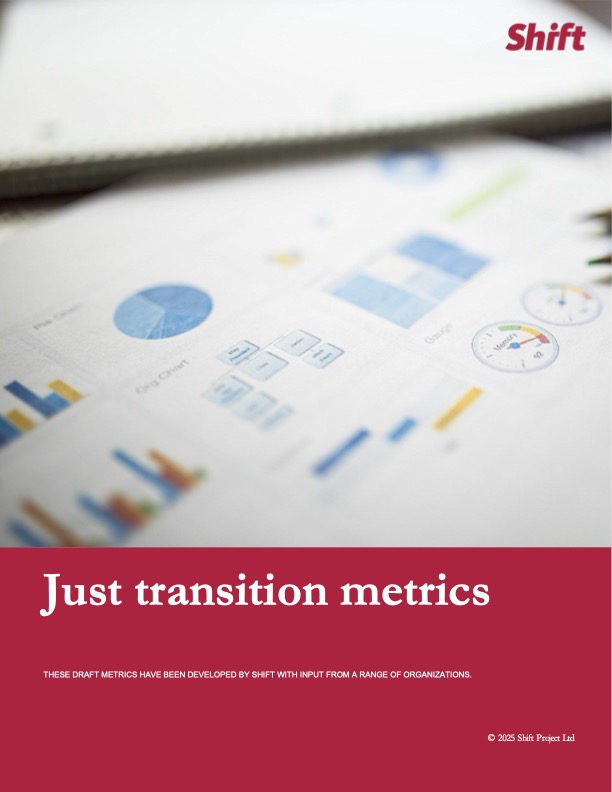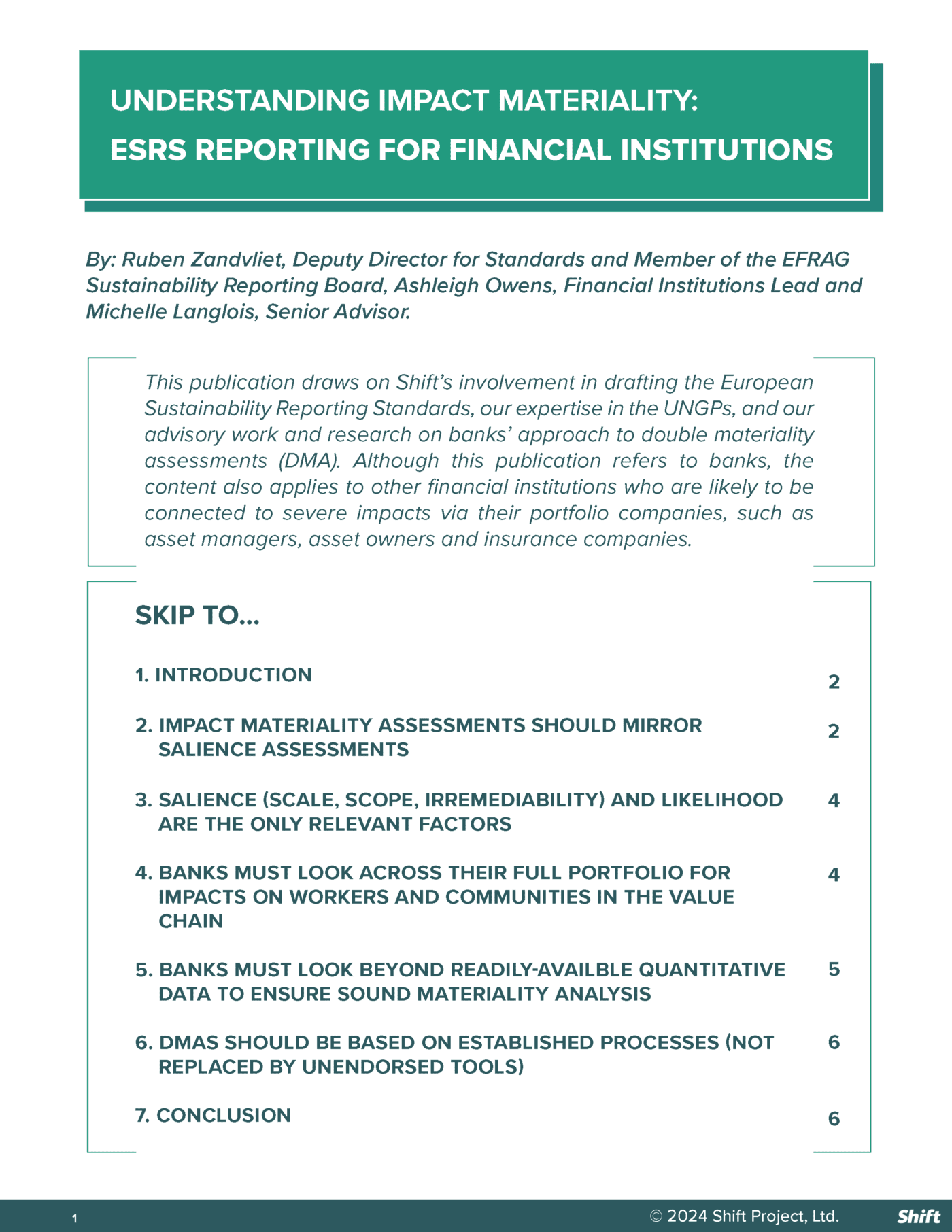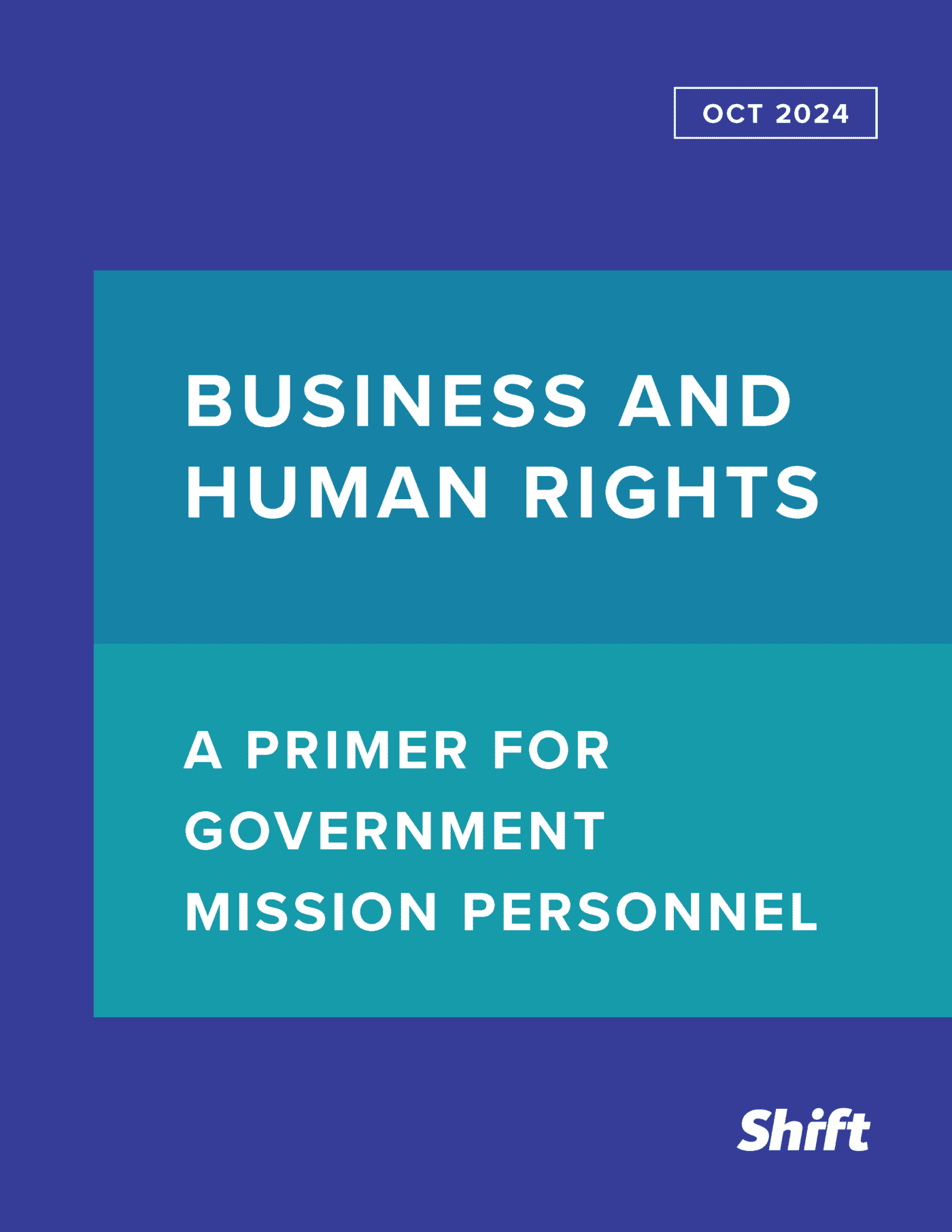A community of practice for companies committed to ensuring that respect for people’s human rights is at the heart of what they do.
Participants of the Business Learning Program (BLP) benefit from Shift’s expert-driven peer-learning, advisory services, and support for meeting their responsibilities under the UNGPs and emerging legislation.
New due diligence and reporting laws require companies to make sure that respect for people’s rights is a core part of business strategy and operations. These laws are substantially aligned with international standards, including the UNGPs.
Shift is the world’s leading expert on the UNGPs, and in practical human rights due diligence that works for people and business. Through the BLP, Shift supports companies to fulfil their responsibilities in a meaningful and credible way.
Our expertise has been developed over more than a decade of working with some of the world’s largest companies to develop comprehensive and effective human rights due diligence. The insights we gather from working with companies to implement due diligence and reporting requirements guides the work we do to influence the laws and market incentives needed to scale business respect for human rights globally.
The BLP provides companies with a combination of one-on-one support, expert guidance, and peer-learning among leading practitioners. Through regular thematic exchanges, participants explore emerging challenges and share practical insights. Between sessions, Shift’s experts work with directly with participating companies to to build their internal capacity, develop tailored solutions to their unique challenges and embed respect for human rights within their culture, governance and decision-making processes.
Our Work Together
Shift supports BLP companies to:
- Build high quality due diligence and reporting programs that implement companies’ human rights responsibilities and legal requirements in a meaningful way.
- Identify and address the issues that matter most to impacted stakeholders.
- Embed the practices and behaviors that lead to the best results: for people and the business.
Companies that join the BLP:
- Have a proactive human rights due diligence program that is supported by company leadership.
- Engage in peer-learning by sharing real-world practices, successes and setbacks.
- Are part of a community of practice that is shaping the development and implementation of international standards and laws, helping find solutions to complex human rights challenges.

BLP Workshop 2022
_____
TAILORED & STRATEGIC & OPERATIONAL SUPPORT
Business Learning Program participants work with Shift experts to design an action-oriented work plan that is tailored to the specific needs and challenges of the business. Shift’s mission-driven approach focuses on capacity-building to enable long-term, sustainable change.
CROSS-INDUSTRY LEARNING
Shift’s BLP Practice Groups bring together small groups of committed companies to apply fresh thinking and develop new approaches to the most pressing human rights challenges, with a focus on complex and systemic issues.
Our cross-sectoral and cross-functional approach takes advantage of the insights and perspectives of companies that are serious about human rights to deepen learning and collaboration, develop and test innovative solutions, and drive impactful action.
ACCESS TO OUR FLAGSHIP WORKSHOPS
Each year, Shift hosts an in-person workshop for BLP member companies. Workshop themes are chosen to enable companies to take a deep dive into the application of the UNGPs concepts to specific current contexts and challenges and explore solutions. Past themes have included climate action and human rights, taking effective action in supply chain relationships, remedy and grievance mechanisms, how to design and implement effective stakeholder engagement, and challenges and opportunities of emerging due diligence legislation.
Criteria for Admission
We are purposely selective about who we work with.
______

BLP Workshop, 2022
Our Business Learning Program is a two-way street. We support companies as they build their capacity and systems. In turn, each engagement is an opportunity to expand our own knowledge and understanding of how the UNGPs are put into action.
That’s why we’re careful about who we partner with for the long term. We want to make sure that those who join are serious about taking action, open to exploring innovative approaches, and have the potential to make meaningful change happen.
_______
BOARD-APPROVED CRITERIA
- Evidence of high-level commitment to business and human rights
- Demonstrated organizational capacity to drive the implementation process
- Support for our broader, mission-driven learning approach
- Attention to conflicts with international legal standards. In the context of our Business Learning Program, factors that typically lead to Shift deciding not to work with a company include:
- a. The company’s products or services contravene international law prohibitions or conventions, e.g., the widely accepted ban on the production of cluster munitions.
- b. The company expresses sustained opposition to respect for a certain human right or rights, e.g., freedom of association or the rights of LGBT individuals.
- c. The company is connected to operations in the following types of territories where they are unable to demonstrate the ability and/or willingness to use appropriate leverage to address the impacts that arise:
- (i) territories that are associated with credible allegations of international humanitarian law violations, where those operations are themselves connected to the allegations; and/or
- (ii) territories which are non-self-governing and/or under occupation, where those operations raise legal issues regarding the self-determination of local populations or the risk of other gross human rights abuses.
By building long-term relationships with companies in the Business Learning Program, we are consistently able to equip them with the tools, resources and motivations to drive better human rights outcomes for people affected by their business.
David Vermijs, DIRECTOR OF BUSINESS ENGAGEMENT
As a mission-driven, nonprofit organization, we take pride in working with those companies with which we can have the greatest impact and that we can really learn from.
Find out more
To learn more about Shift’s Business Learning Program and inquire about current availability, contact us at info [at] shiftproject [dot] org.
You can also visit our BUSINESS ENGAGEMENT page to learn more about other ways in which we work with companies and their stakeholders, and our Financial Institutions Practitioners Circle, which focuses on work with banks and export credit agencies.
Visit our CONTACT page to learn more about other ways to connect with Shift.
Current Participants
- AB InBev (Food and Beverage, joined in 2019)
- ABN AMRO (Banking, joined in 2014)
- Allied Irish Banks (Banking, joined in 2022)
- Chanel (Luxury, joined in 2019)
- De Beers Group (Jewelry, joined in 2021)
- Equinor (Energy, joined in 2015)
- Ericsson (Technology, joined in 2012)
- Ferrero (Food and Beverage, joined in 2018)
- Gran Tierra Energy (Energy, joined in 2021)
- Heineken (Food and Beverage, joined in 2024)
- Hitachi (Diversified group, joined in 2012)
- Inditex (Apparel, joined in 2018)
- ING (Banking, joined in 2021)
- Johnson & Johnson (Pharma and FMCG, joined in 2020)
- L’Oréal (Fast-moving Consumer Goods, joined in 2020)
- PepsiCo (Food and Beverage, joined in 2015)
- Tetra Pak (Packaging, joined in 2022)
- Total (Energy, joined in 2014)




